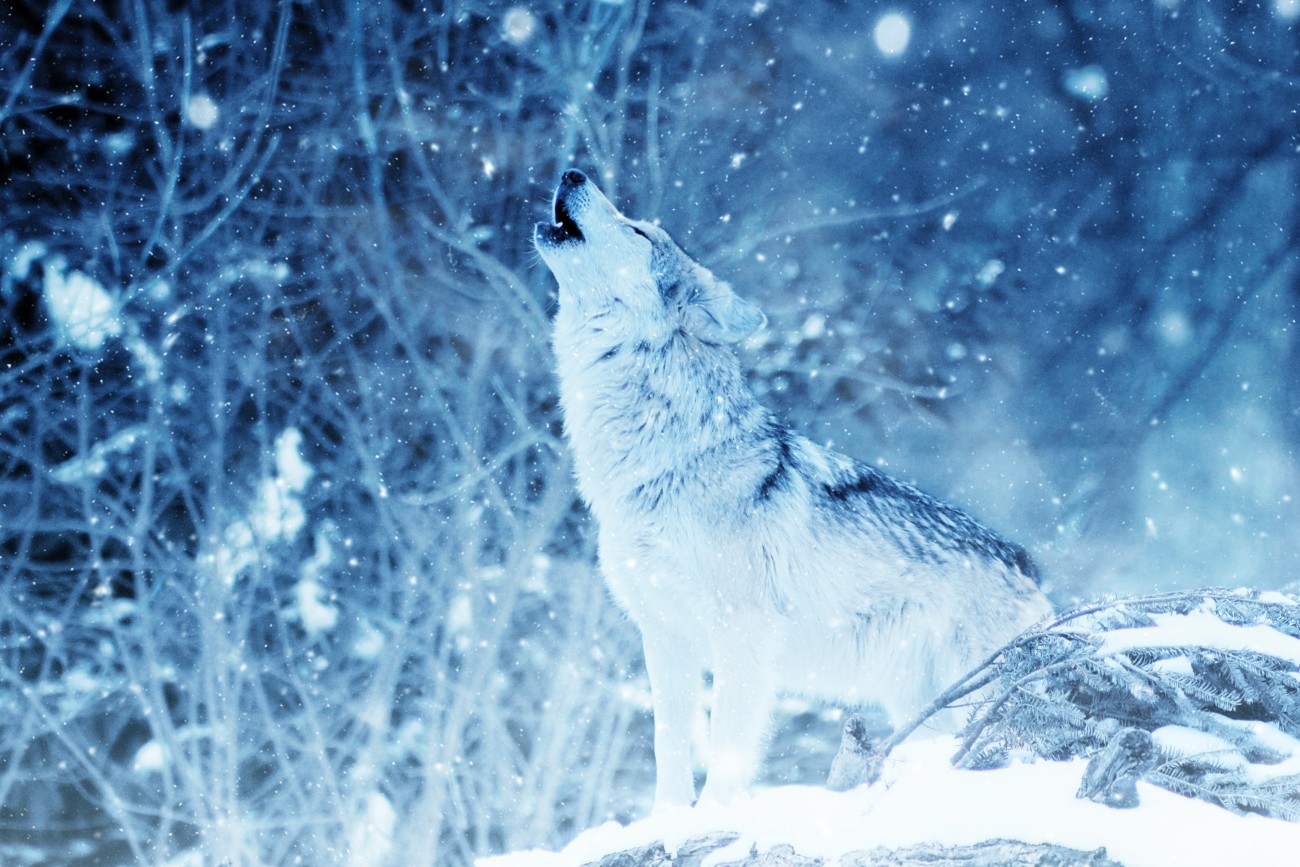In the Las Vegas attack on a country music festival, the gunman, Stephen Paddock, was quickly labeled a “lone wolf,” meaning he acted alone.
While the term “lone wolf” has been used for centuries, it is increasingly being co-opted for political and polemical reasons.
The implication is that there’s something wrong with a “lone wolf.” After all, wolves are very social animals that usually run in packs. The “lone wolf” is sometimes an outcast who has to hide from the main pack, but they’re actually rare.
First, the history. Merriam-Webster defines “lone wolf” as “a person who prefers to work, act, or live alone.” That certainly seems to describe Paddock, who news reports called a “loner,” someone not outgoing or friendly to neighbors. (The meme of the mass killer as “such a quiet guy” was turned into a 2007 movie, with a twist.)
ICYMI: Site sparks uproar on social media with Vegas massacre headline
As Ben Zimmer wrote in The Wall Street Journal, “lone wolves” have been with us for centuries. Not unexpectedly, Native Americans had some legendary chiefs or warriors named “Lone Wolf,” though, as members of tribal communities, they were not really “lone wolves.”
The figurative use of “lone wolf” can be traced to popular fiction. Zimmer noted that a human “lone wolf” appeared in H.G. Wells’s The Invisible Man, published in 1897, as the invisible man is being urged: “Don’t be a lone wolf. Publish your results.” The novelist Steven Crane called war correspondents “lone wolves” in his 1899 novel, Active Service.
Detectives were soon on the case: Zimmer cites a series of 1914 novels where a jewel thief turned detective is called a “lone wolf.” The Oxford English Dictionary says the figurative usage showed up in the United States in 1909 in the F.H. Tillotson book How to Be a Detective: “Occasionally the police run across Panhandlers known as ‘lone wolves’—that is they do not mix with others of their class.”
Soon the thieves themselves were “lone wolves” if they weren’t part of a gang.
RELATED: The phrase journalists used to describe Vegas shooter, and the ‘unspoken implication’
More recently, attacks carried out by a single person have often been labeled as “lone-wolf” attacks, whether they were inspired by a terrorist group or, like the Las Vegas attack, seemingly independent.
In August, one of President Trump’s aides, Sebastian Gorka, claimed the Obama administration invented the term “lone-wolf terrorist,” saying that every attack deemed terrorism was connected to ISIS or Al Qaeda. That claim was labeled “Pants on Fire” by PolitiFact, which listed lots of places where the term had been used years earlier.
The politicization of the term “lone wolf” continued after the Las Vegas attack, when Shaun King of The Intercept wrote in The White Privilege of the ‘Lone Wolf’ Shooter that “Whiteness, somehow, protects men from being labeled terrorists.” The Associated Press continued the discussion with a story examining whether the term “lone wolf” was used in a racial context, mostly for whites accused in attacks. The crimes of people of color, these articles say, are usually tied to their race or their connection to radical Islam, which sometimes becomes quite a stretch, while white “lone wolf” crimes are reported as anomalies.
“Lone wolf” is another label that brings connotations, intentionally or not. As we’ve frequently said, labeling people rather than acts, without more specific descriptions of those people, leads to an oversimplification. Rather than calling any killer “a lone wolf,” a straightforward description is less prone to spin: “he acted alone.”
ICYMI: One questions that turns courageous journalists into cowards
Merrill Perlman managed copy desks across the newsroom at the New York Times, where she worked for twenty-five years. Follow her on Twitter at @meperl.

